Villagers of Southern Cebu bore the brunt of Typhoon Odette “Rai”
Relief work is organized in an office. Perfect environment, safe and comfortable. Yet this is not what the real action is all about. Field trips a necessary, the best plan, the most generous financing, extensive know how, it is all not bringing the desired results. One has to be there, we need “frontliners” a terminology having become popular in covid times.
Here is another report from our Mabelle Bagtas, who went to Southern Cebu. She found a situation of destruction, homes made of light material wrecked, at times only a post or a wall remaining, still inadequate water supply and no electricity. It can be depressing, especially when we realize whatever we do it is little, yet whatever help, no matter how small it is appreciated.
Let us hear from her:
“Because of the devastation in the mountain barangays, we had to walk and getting past fallen tree after fallen tree and trying to dodge electric posts, ate up most of travel time not to mention physical energy.
It was hard to tell one town apart from the other because the scenes all looked the same… blown over houses, muddied schools, trees and lamp posts like collapsed bodies on the sides of the roads.
Several times, desperate residents would yell for aid upon seeing NGO’s wearing their uniforms including NACSEA RELIEF.
Villagers lived on leftovers because they were not expecting the typhoon to be as intense as it was. The LGU was giving out rice but very limited and it took many days for aid to reach isolated barangays in the mountains.
While things are beginning to improve in parts of the province, thousands of others in harder-hit areas have yet to recover and there were still many questions that need answers. Why were the people not prepared? Why is the aid taking so long? And so on.
People are used to helping themselves yet also need aid as the demands are tremendous. They require safe, temporary shelter and repair kits to rebuild their homes. Many have lost their livelihoods too and will require immediate assistance to avoid falling into more critical need”
It is not over yet. Much work remains to be done in those rural areas. Any support is highly appreciated.

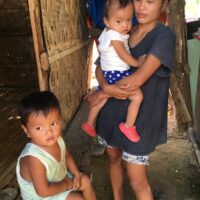

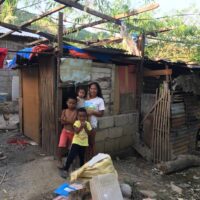
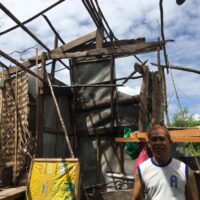
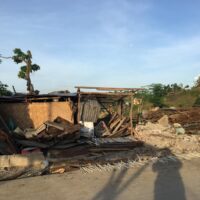
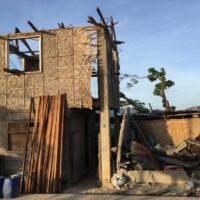
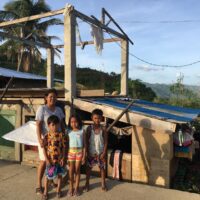
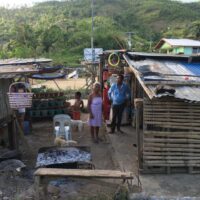
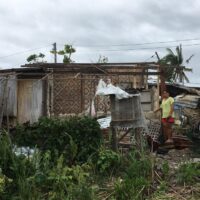
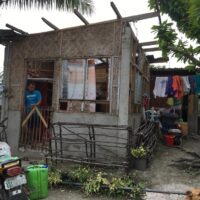
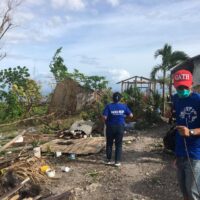
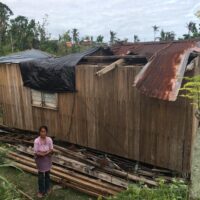
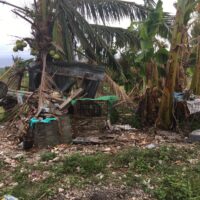
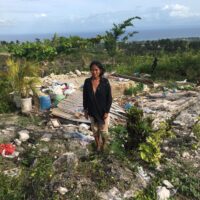
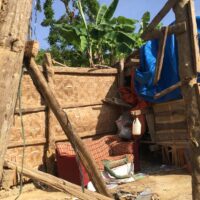



Previous post
OLANGO VILLAGERS STRUGGLE AFTER TYPHOON ODETTE “RAI”
Next post
Roofing for residents in Jimalalud